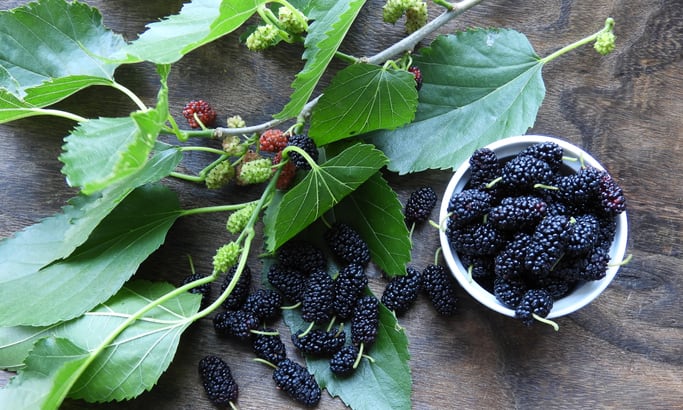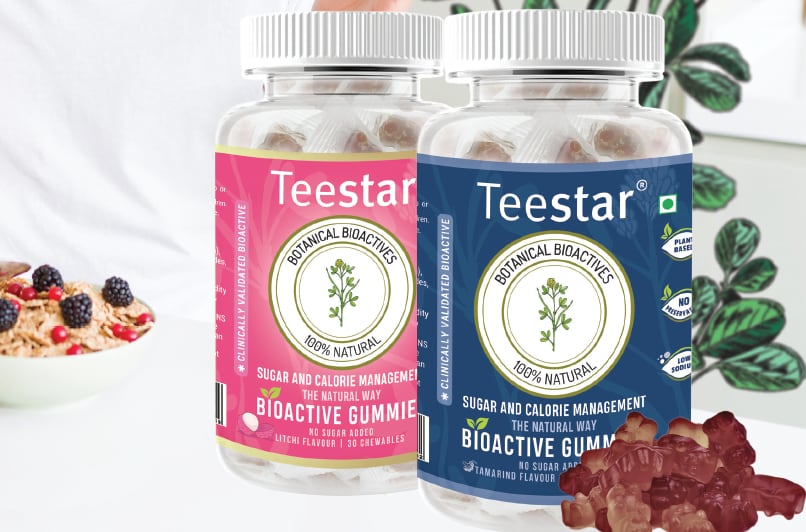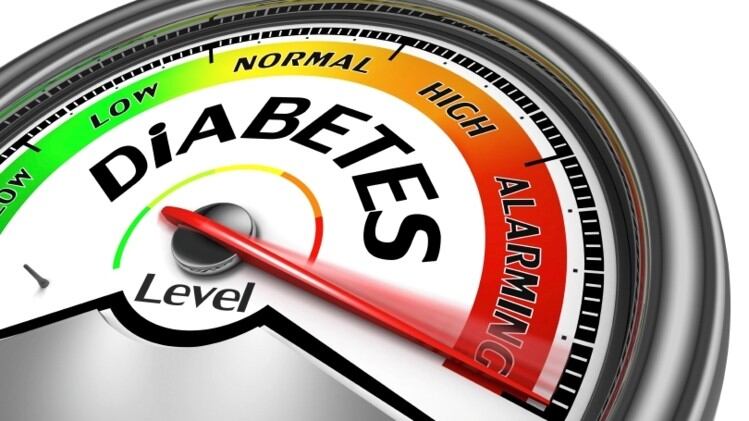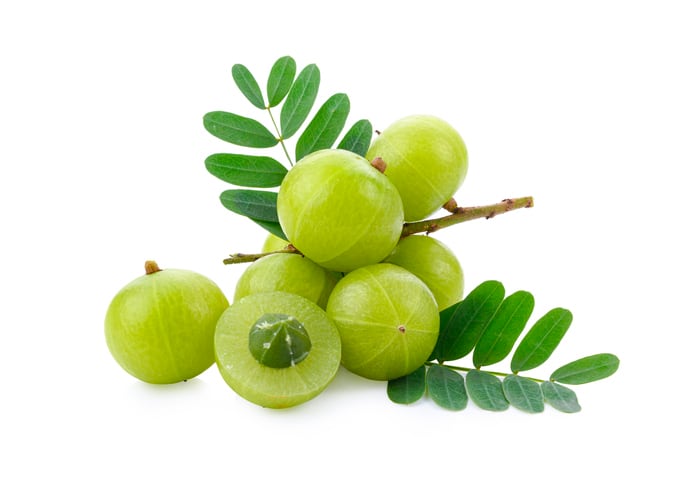The product studied is Nutren GlucoSmart which debuted in Malaysia over a year ago.
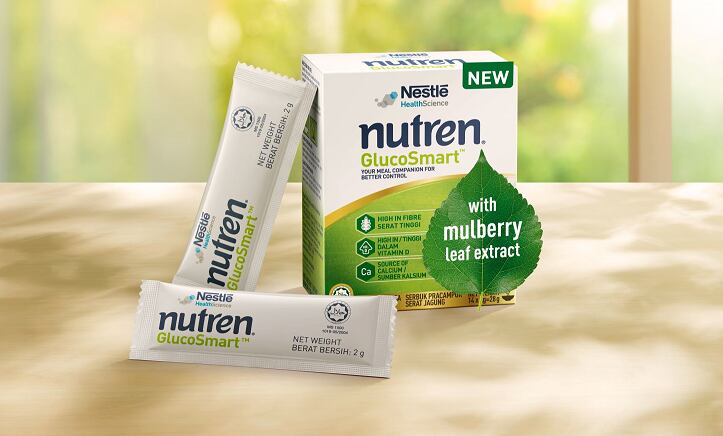
Available as a tasteless, off-white powder, each 2-gram stick pack contains 250mg of proprietary mulberry leaf extract trademarked Reducose, 1.75g fibre, 0.75 μg vitamin D3, and 75 μg chromium.
Thirty individuals of Asian origin with type II diabetes (T2D) from Singapore and USA were involved in this randomised, double-blind, controlled study.
They were either on metformin monotherapy at 0.5 to three grams per day or no medications for glycaemic management at all. Their glycated haemoglobin was also between 6.5 to 10 per cent, while their fasting plasma glucose was below 220mg/dL.
The participants were randomised to either the intervention group where they took Nutren GlucoSmart or the same blend, but without the Reducose mulberry leaf extract.
Both groups took the study products, which were sprinkled over a 350-kcal meal during their breakfast.
Their blood glucose, insulin, incretin hormones were assessed over the subsequent three hours post breakfast.
The findings, published in Diabetes Therapy, showed that the group taking mulberry leaf extract had a lower post meal glucose spike.
Over the three hours observation period, their blood glucose spikes were significantly reduced by 15 to 20 per cent when compared to the group which did not take mulberry leaf extract.
For example, at the first hour post breakfast, their blood glucose was 19.5 per cent lower than the group that did not consume mulberry leaf extract. A reduction of 16.6 per cent and 14.9 per cent were subsequently reported at the second- and third-hour post breakfast.
In addition, insulin level in the group taking mulberry leaf extract was significantly lower in the first hour post breakfast, which was however, not seen at the second- and third-hour post meal.
Their insulin level was 11.0 μu/ml, while that of the other group was higher at 14.4 μu/ml one hour post breakfast. The difference was a statistically significant with a p-value of 0.0236.
“In individuals with T2D of Asian origin, a 2-g natural powder blend of MLE (mulberry leaf extract), dietary fiber, vitamin D, and chromium significantly reduced the overall glycaemic burden and early insulin response when taken with a carbohydrate-rich breakfast, compared to a blend without the MLE.
“They (the findings) also add to the literature that this principle, with a refined MLE, supports obtaining healthy glucose levels and works even in the context of taking it with a mixed meal, specifically breakfast, which is identified as perhaps the most impactful meal in regulation of diurnal glucose levels in people without or with T2D,” the researchers said.
Mechanisms
The researchers explained that mulberry leaf extract could have reduced blood glucose and insulin spike post-meal because it contains iminosugar alkaloids, which are analogues of sugars, that could in turn reduce blood glucose absorption.
The most abundant iminosugar alkaloids in mulberry leaf extract is 1-deoxynojirimycin (DNJ).
These alkaloids could have blocked the active site of polysaccharide-degrading enzymes in the digestive tract, in turn, reducing the body’s absorption of dietary carbohydrates, the researchers explained.
“These data also confirm that the predominant mode of action of mulberry leaf extract is through reducing the rate of glucose absorption, underscored by reductions in iAUC and Cmax of glucose, and a reduced early insulin response…”
Source: Diabetes Therapy
A Randomized, Placebo-Controlled Crossover Study to Evaluate Postprandial Glucometabolic Effects of Mulberry Leaf Extract, Vitamin D, Chromium, and Fiber in People with Type 2 Diabetes
DOI: 10.1007/s13300-023-01379-4
Authors: Mohamed, M., Zagury, R.L., Bhaskaran, K. et al.


